Jemez Historic Site

Jemez Historic Site
The Pueblo of Giusewa (pronounced Gee-say-wah) was established among the hot springs of Jemez Valley around AD 1350.
It was a multistory village which may have contained as many as 1,000 rooms. Giusewa was first visited by Spanish in 1541. Later, in 1598, Franciscan missionaries came to convert the Jemez People to Christianity. By 1621, the priests along with their Native American converts had constructed San José de los Jémez Mission. However, the missionary effort ultimately failed. Brought on by suppression of the Native religion and a devastating drought, the Jemez joined the Pueblo Revolt on August 10, 1680. This culminated in the removal of the Spanish from northern New Mexico for the next 12 years.
The San José de los Jémez Mission, built in the Western Baroque style, rises at Giusewa with massive eight-foot-thick stone walls. An interpretive trail winds through the majestic site. An exhibition in the visitor center presents the history and culture of the Jemez People in their own words. Lodging and food are available in Jemez Springs.
New Mexico CulturePass
Your ticket to New Mexico's exceptional Museums and Historic Sites.
From Indian treasures to space exploration, world-class folk art to awesome dinosaurs—our museums and monuments celebrate the essence of New Mexico every day.
More Info »
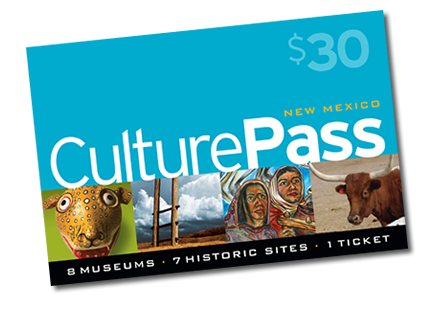

Encounter Culture
Take a look inside the museums and historic sites of New Mexico without leaving home. Join host Charlotte Jusinski, and a variety of guest curators, artists, and exhibitors in exploring the art and culture of the state in Encounter Culture, a new podcast from the New Mexico Department of Cultural Affairs.



Featured DCA Exhibitions
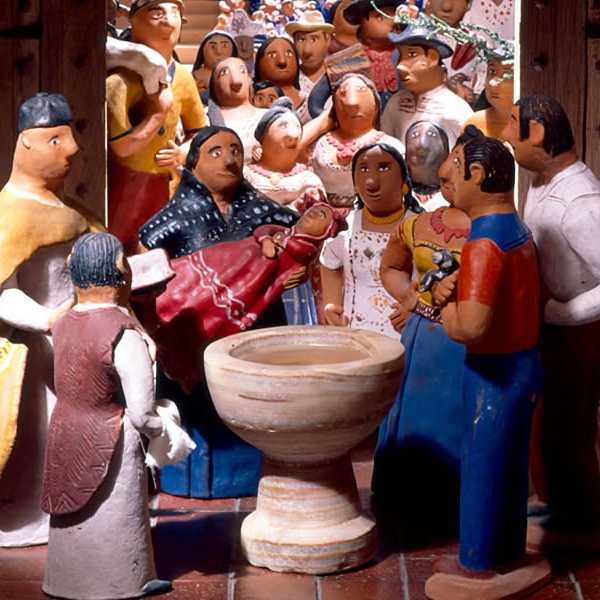
Multiple Visions: A Common Bond
Multiple Visions: A Common Bond has been the destination for well over a million first-time and repeat visitors to the
more »
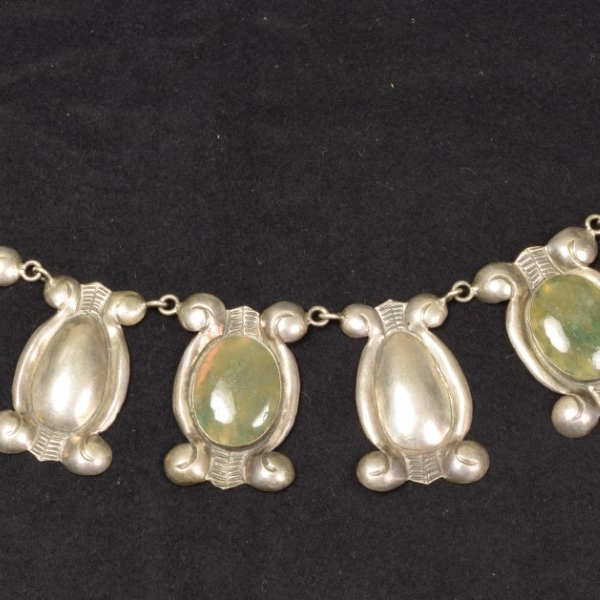
Silver and Stones: Collaborations in Southwest Jewelry
Currently on display in the New Mexico History Museum’s Palace of the Governors, is an unusual jewelry collection
more »
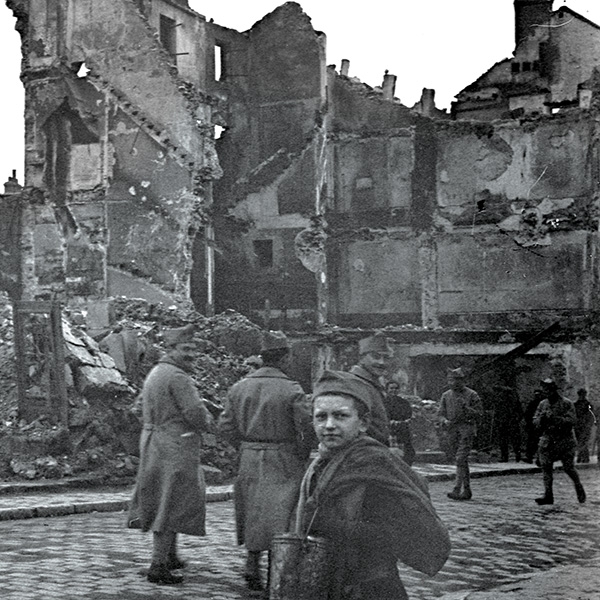
The First World War
The First World War exhibition investigates the contributions of New Mexicans to the war, through letters,
more »
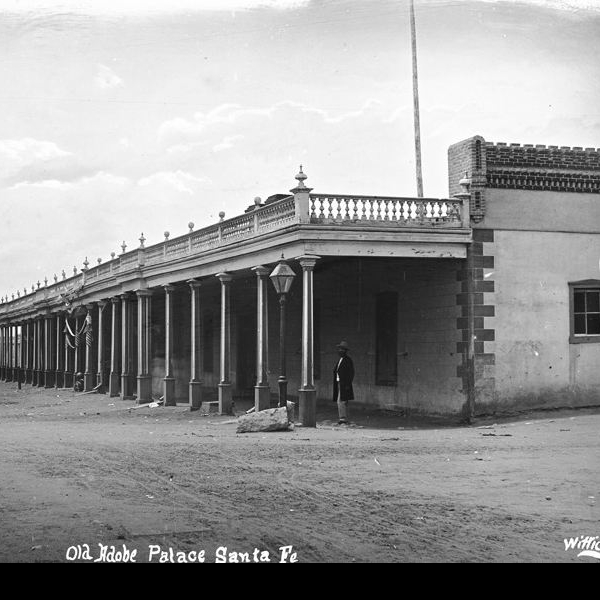
Palace Through Time
"Palace Through Time" explores the Palace of the Governors’ evolution, from its 17th-century construction to its
more »
